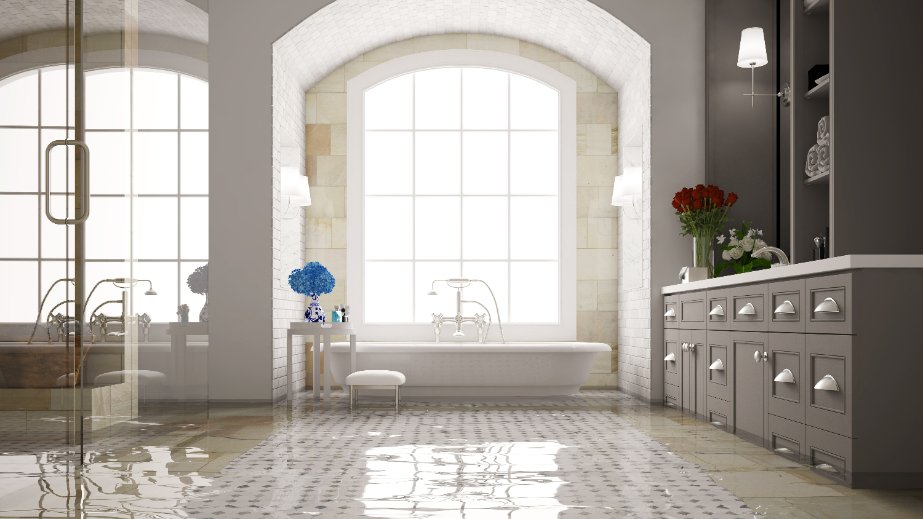The last thing that you’ll want is water in your home. Be it dripping footprints or 2 feet; any water is going to be a bad thing for your home. If you ever do have your home taking on water or flooding, however, you’ll want to know what to do about it! Here’s the essential information to know!
What to do if your house floods
Act immediately
I mean, this goes without saying, right? But as soon as you notice that there is a water leak, or water coming in, jump into action. Your safety is of utmost importance. You obviously want to react quickly to the water leak to stop further damage but getting some pictures of the damage happening may also be useful for your insurance claim. However, again, be mindful that the longer the water comes in, whether it’s a leak or flooding, the more potential damage can occur, so act quickly on both fronts.
As soon as you notice water seeping into the premises, grab towels and plug the leak as effectively as possible. Be it from rainwater or a hurricane, you’ll want to stop the leak location as best you can immediately. The faster you start, the better the outcome will be! This might also be the time to start saving/moving items (to higher ground) that you can’t possibly live without
Sop up standing water
If you notice any standing water, mop it up. Standing water can quickly (almost terrifyingly so) cause serious damage to your home’s floors, walls, and ceilings (depending on where it sits). You’ll want to soak up as much as you can as quickly as you can to protect your home’s integrity and minimize the actual damage. If the damage was minor and you have power still, turning on fans, dehumidifiers and such can help dry out the area as well. You really don’t want any mildew or mold growing so fast action is essential again.
Turn off all power
Should the water be at the level to get into contact with electrical outlets, the next step would be to turn off the power so that there’s no risk of electrocution. Don’t just kill the power or the room that’s impacted — kill your home’s power panel entirely just to be extra safe. It’ll be what you need to ensure that you protect everyone safely. Electricity and water should never, ever be mixed.
Evacuate your home as quickly as possible
Next on the list, again, depending upon the situation and the water level is going to be evacuation, as soon as you can. If it’s the middle of a hurricane, or the middle of the night, you might be safer waiting until you can see what’s going on outside as it might not be any safer outside. Grab your emergency supplies, which hopefully included some food and water and head to higher ground or an area where you can be safe and dry. And if the water level is still high inside the home, it might be safe to leave – again, you will have to determine this and check with your local emergency lines. Everyone in your home, including pets, should be kept safe and ready, should it present itself to make an emergency evacuation or it’s time to get up and go.
Have your car loaded to go (and accessible)
You’ll also want to ensure that your car is loaded with as many emergency supplies as possible so that you can simply load everyone into the vehicle and go. However, if the water level is too high, don’t try to leave the safety of your home to one in the elements in a vehicle that might not make it too far.
The other detail here is that you’ll want to put the vehicle somewhere that it is as safe from the water as possible and that it’s accessible! A vehicle that is fully loaded and gassed up is only going to be useful if you can actually access it safely after the flood! Many will choose to park their vehicle on the side of the street, but this puts them at risk of getting swept away in winds and floods. Park it as close to your house as you can, and the house will hopefully help shield it.
Your house taking on water is not the end of the world, but it is a serious emergency that you’ll need to act on quickly to ensure that everyone stays safe and you minimize the damage done to your home’s structure and your belongings.
There are two obvious scenarios here – one of a storm and high waters with likely high tides and surges of water and then another from some sort of failure such as a broken water heater or leaking roof during a heavy rain. Either way, please be safe.

